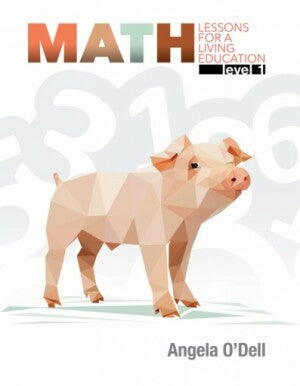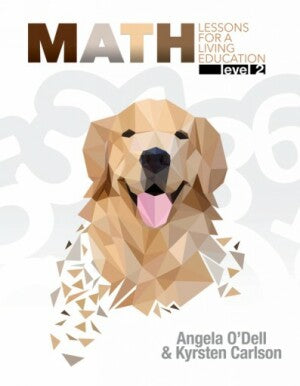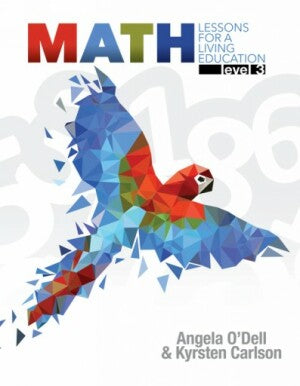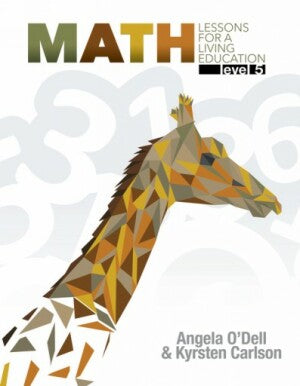Principles of Mathematics Book 1 (Student Workbook)
Student workbook for Book 1 of the Principles of Mathematics - Biblical Worldview Curriculum for junior high! Math is a real-life tool that points us to God and helps us explore His creation, yet it often comes across as dry facts and meaningless rules. Here at last is a curriculum that has a biblical worldview integrated throughout the text and problems, not just added as a afterthought. In this workbook, a student is provided the practice sheets needed to master the skills learned in the main text. What does this workbook include? Worksheets, Quizzes, and Tests: These perforated, three-hole punched pages help provide practice on the principles taught in the main student textbook. Answer Keys: The answers are included for the worksheets, quizzes, and tests found in this Student Workbook. Schedule: A suggested calendar schedule is provided for completing the material in one year, though completing the material in one semester. Are there any prerequisites for this course? This curriculum is aimed at grades 6-8, fitting into most math approaches the year or two years prior to starting high school algebra. If following traditional grade levels, Book 1 should be completed in grade 6 or 7, and Book 2 in grade 7 or 8. (Book 1) Students should have a basic knowledge of arithmetic (basic arithmetic will be reviewed, but at a fast pace and while teaching problem-solving skills and a biblical worldview of math) and sufficient mental development to think through the concepts and examples given. Typically, anyone is sixth grade or higher should be prepared to begin. The focus of the course is actually learning math for life, not simply preparing to pass a test. (Book 2) It is strongly recommended that students complete Book 1 course work before beginning Book 2 as math builds on itself. Students don't just learn how to manipulate numbers on paper, but starting with arithmetic and laying the groundwork for geometry and algebra (covered in Book 2), this curriculum both firms up the foundational concepts and prepares students for upper-level math in a logical, step-by-step way that helps students understand concepts, build problem-solving skills, and see how different aspects of math connect.






